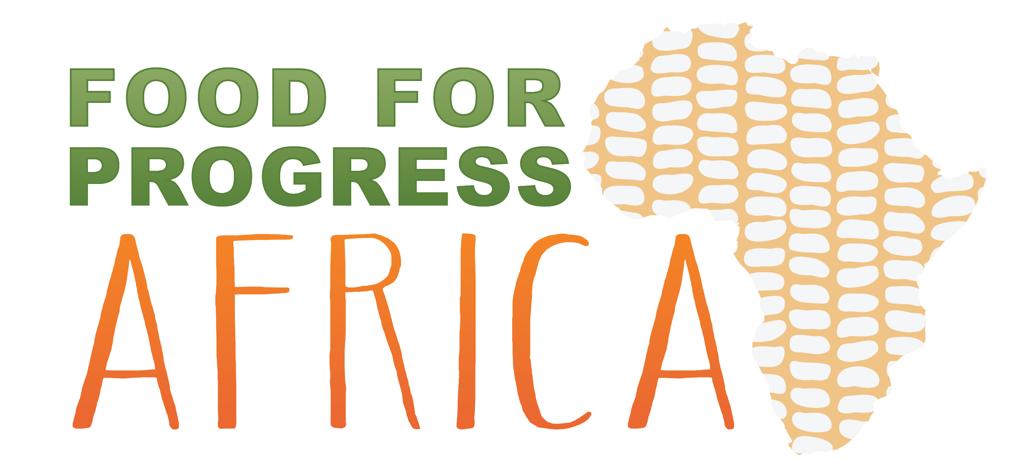Food prices increase due to supply chain disruptions

In January 2023, Kenya experienced a sharp increase in food prices due to disruptions in the supply chain caused by the COVID-19 pandemic. The rise in food prices has had a significant impact on households, especially those already struggling to make ends meet.
The government has attributed the rise in food prices to several factors, including reduced food production due to the pandemic’s impact on farmers and disruptions in the supply chain. The closure of borders and the suspension of international flights have made it difficult to import food items, leading to shortages and high prices in the market.
The government has responded by introducing measures to mitigate the impact of the price increases on consumers. These measures include supporting local food production, reducing import taxes on essential food items, and providing relief to vulnerable households.
However, some critics have raised concerns about the effectiveness of these measures, citing corruption and bureaucratic inefficiencies as potential hindrances. They have also called for more long-term solutions to address the root causes of food insecurity in Kenya, such as improving agricultural productivity and infrastructure.
The increase in food prices has highlighted the vulnerability of Kenya’s food system and the need for greater investment in food security. The country is already facing challenges such as climate change, locust invasions, and droughts, which pose significant threats to food production and supply.
In conclusion, the recent increase in food prices in Kenya is a cause for concern, especially for vulnerable households. While the government has introduced measures to address the issue, more long-term solutions are needed to ensure the country’s food security. Addressing the root causes of food insecurity, such as improving agricultural productivity and infrastructure, is crucial to building a more resilient food system in Kenya.
